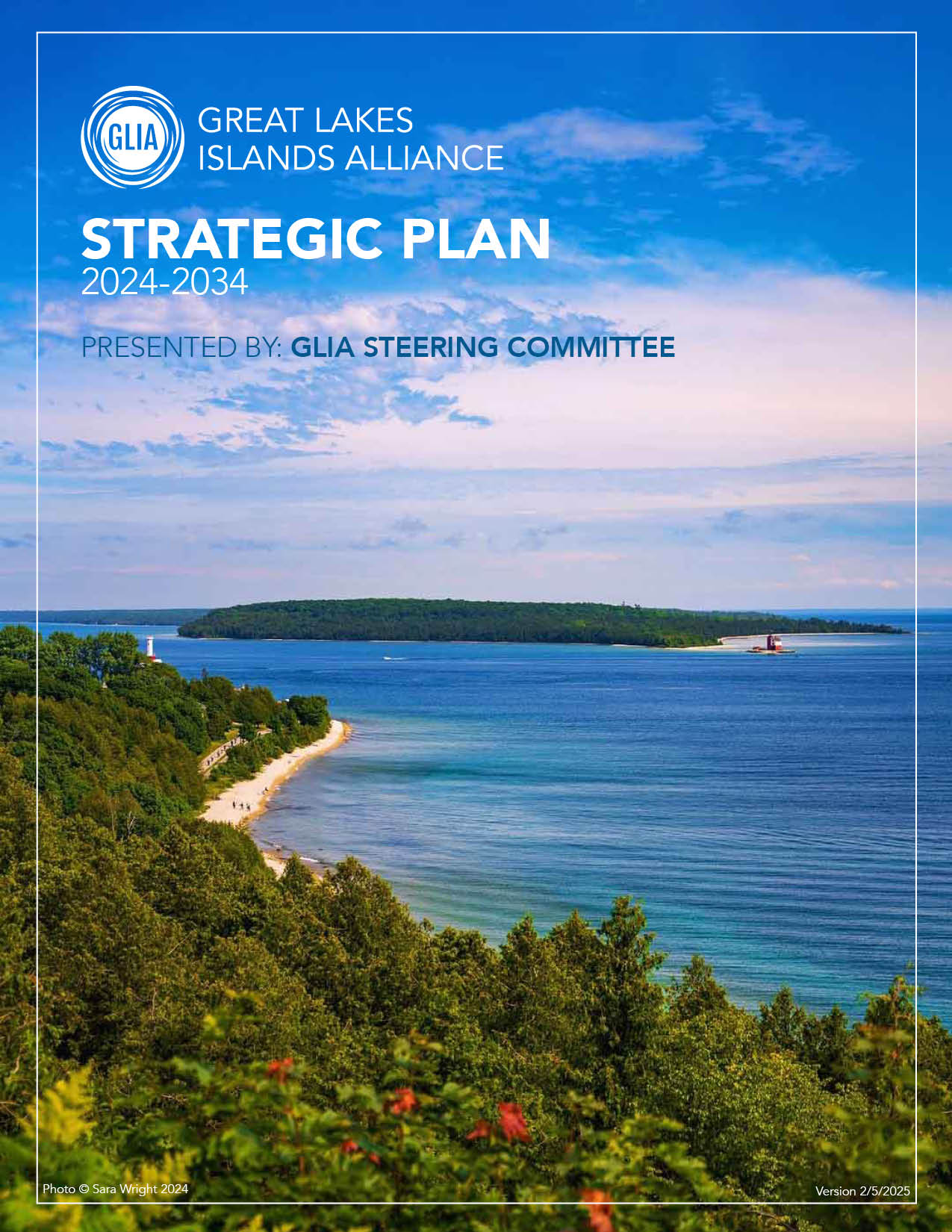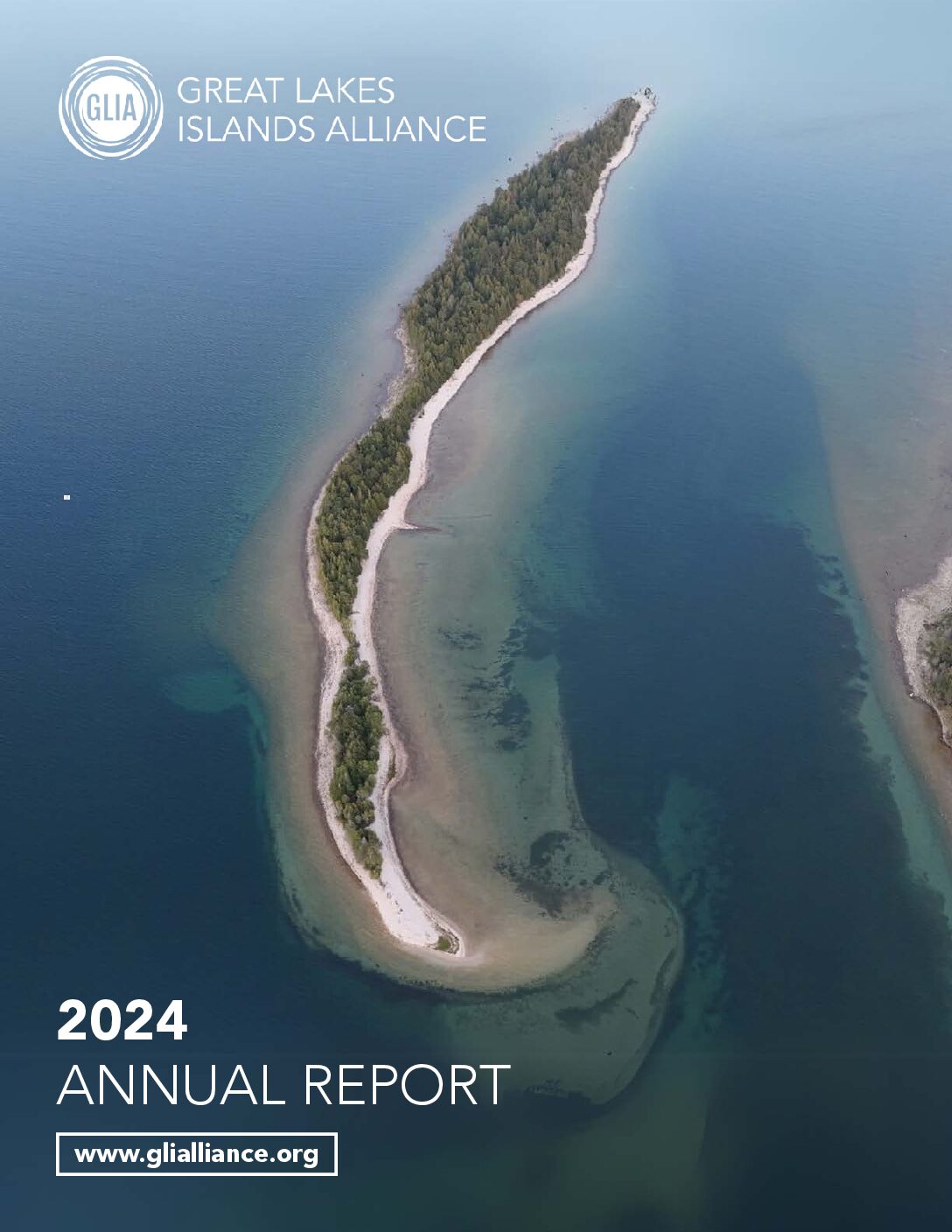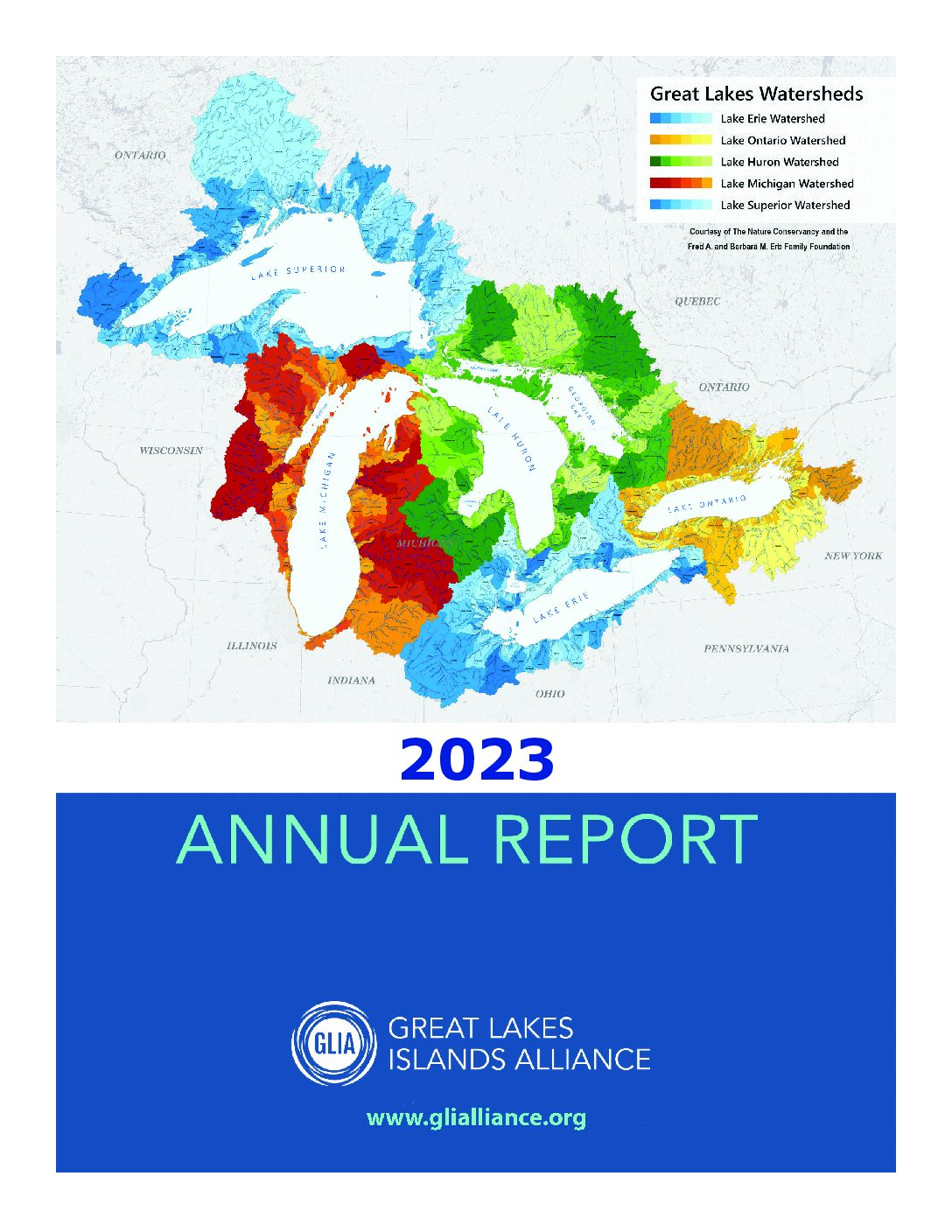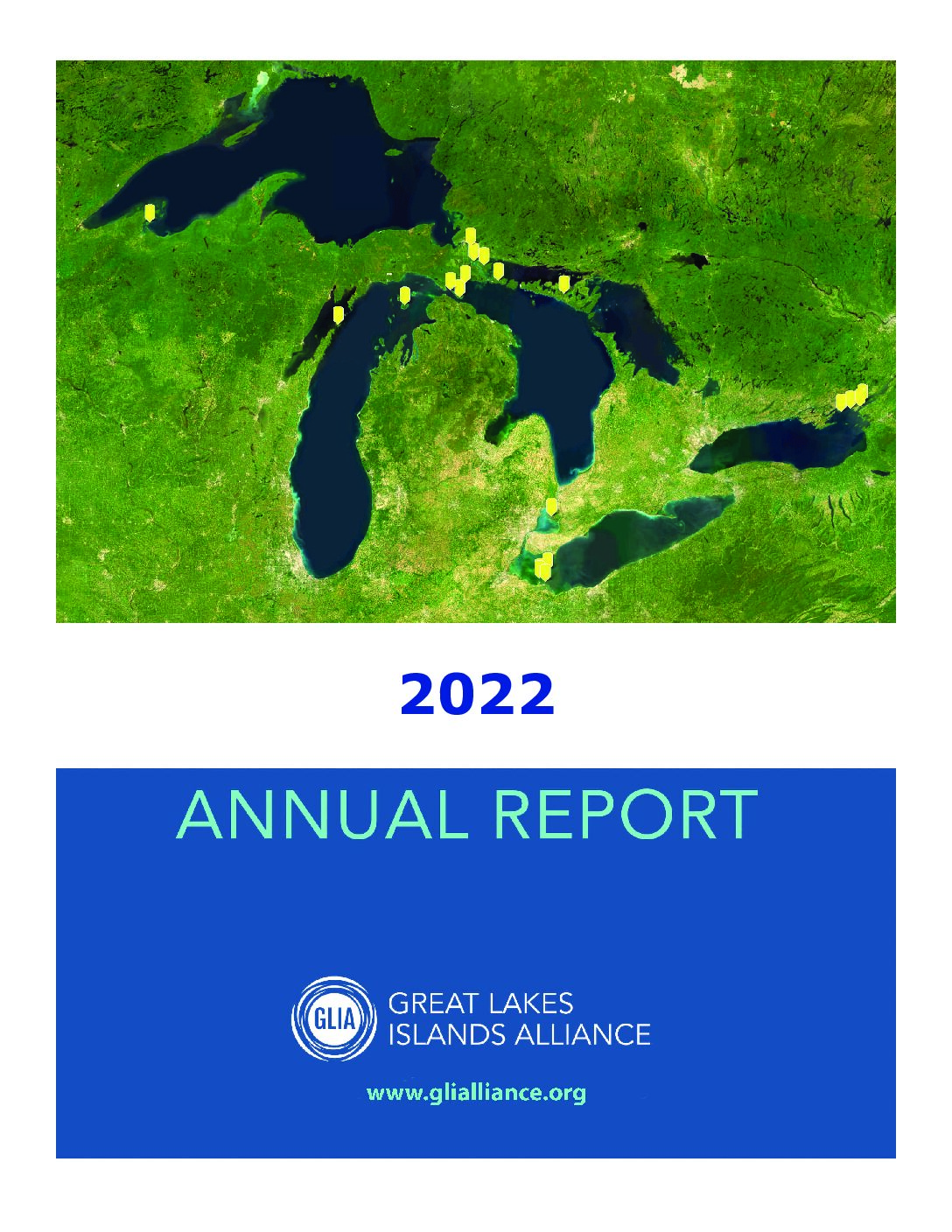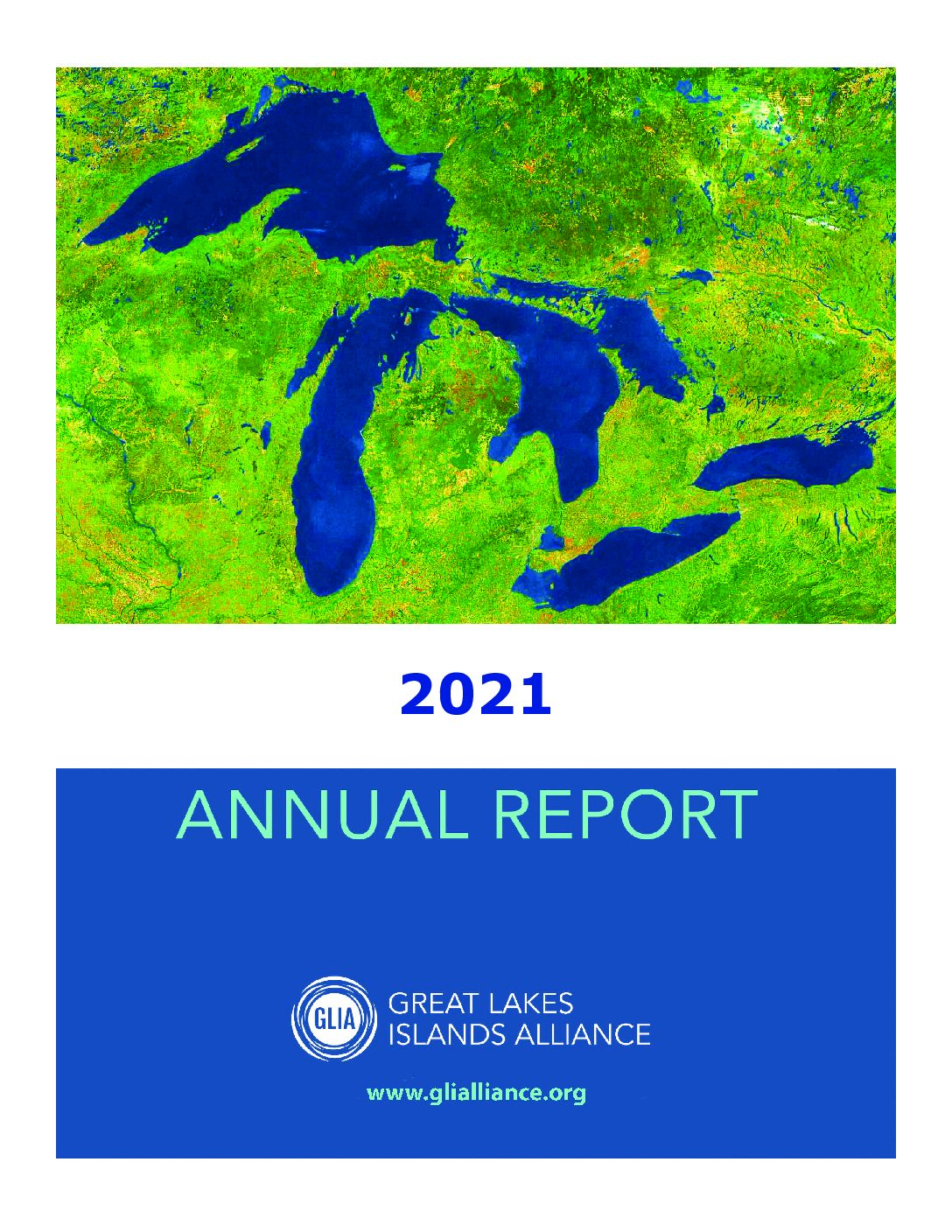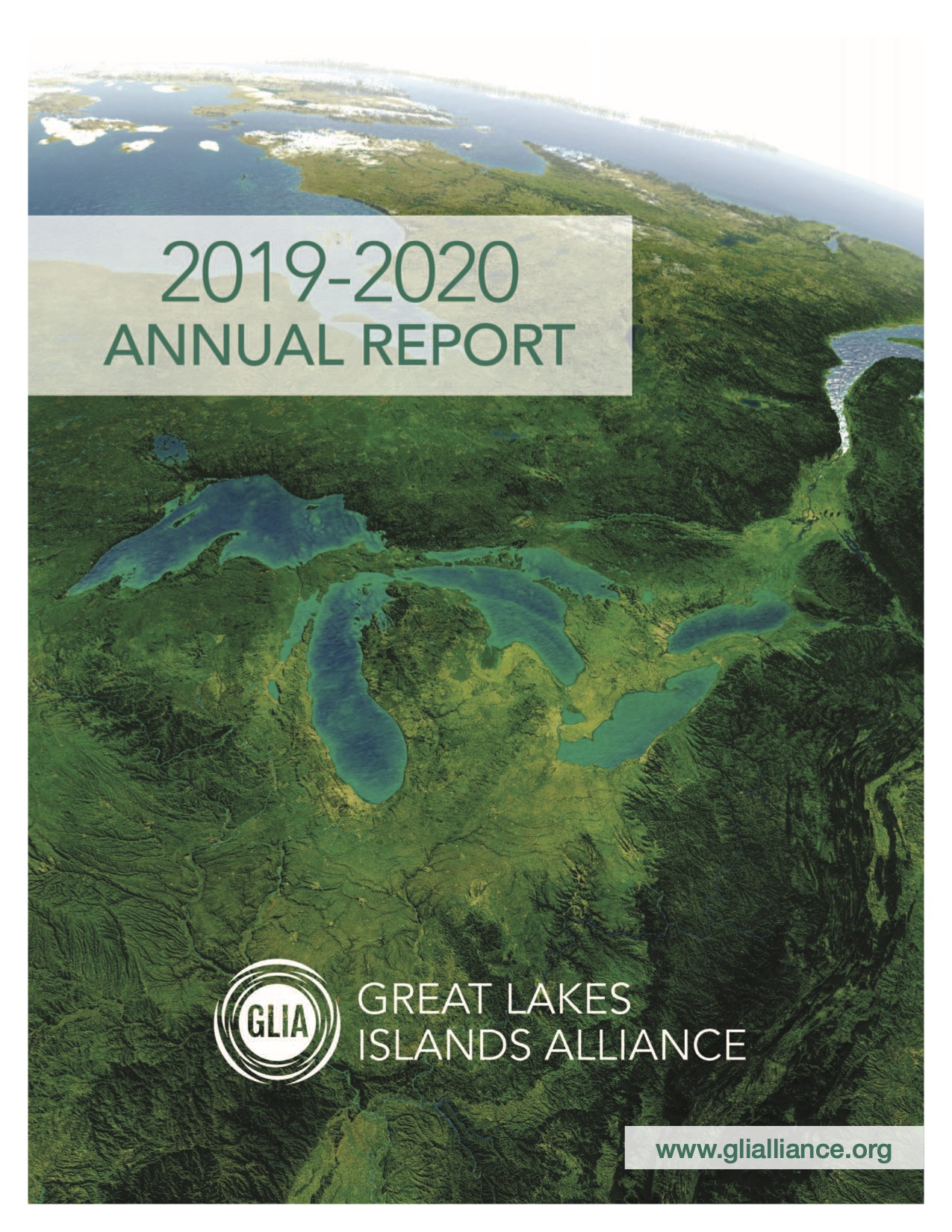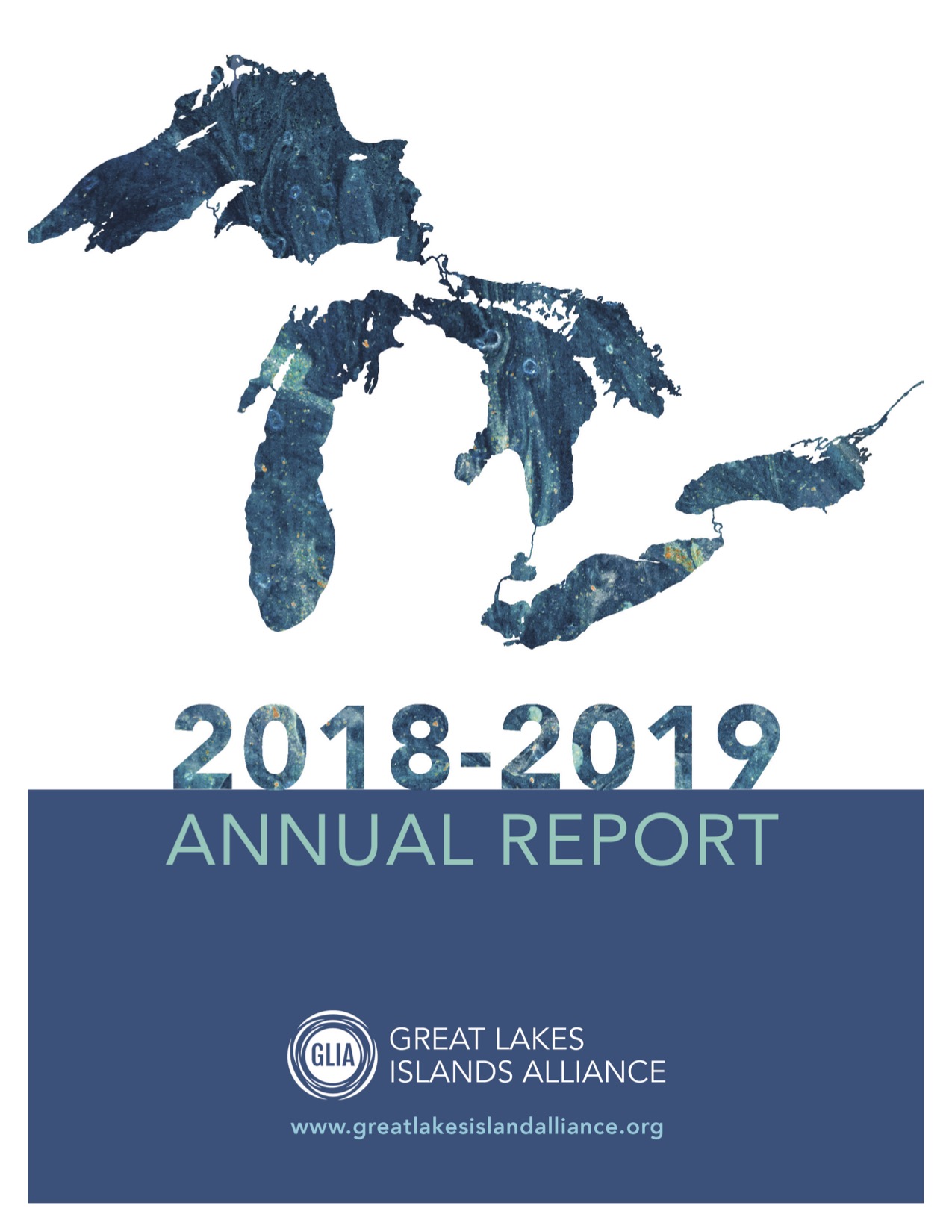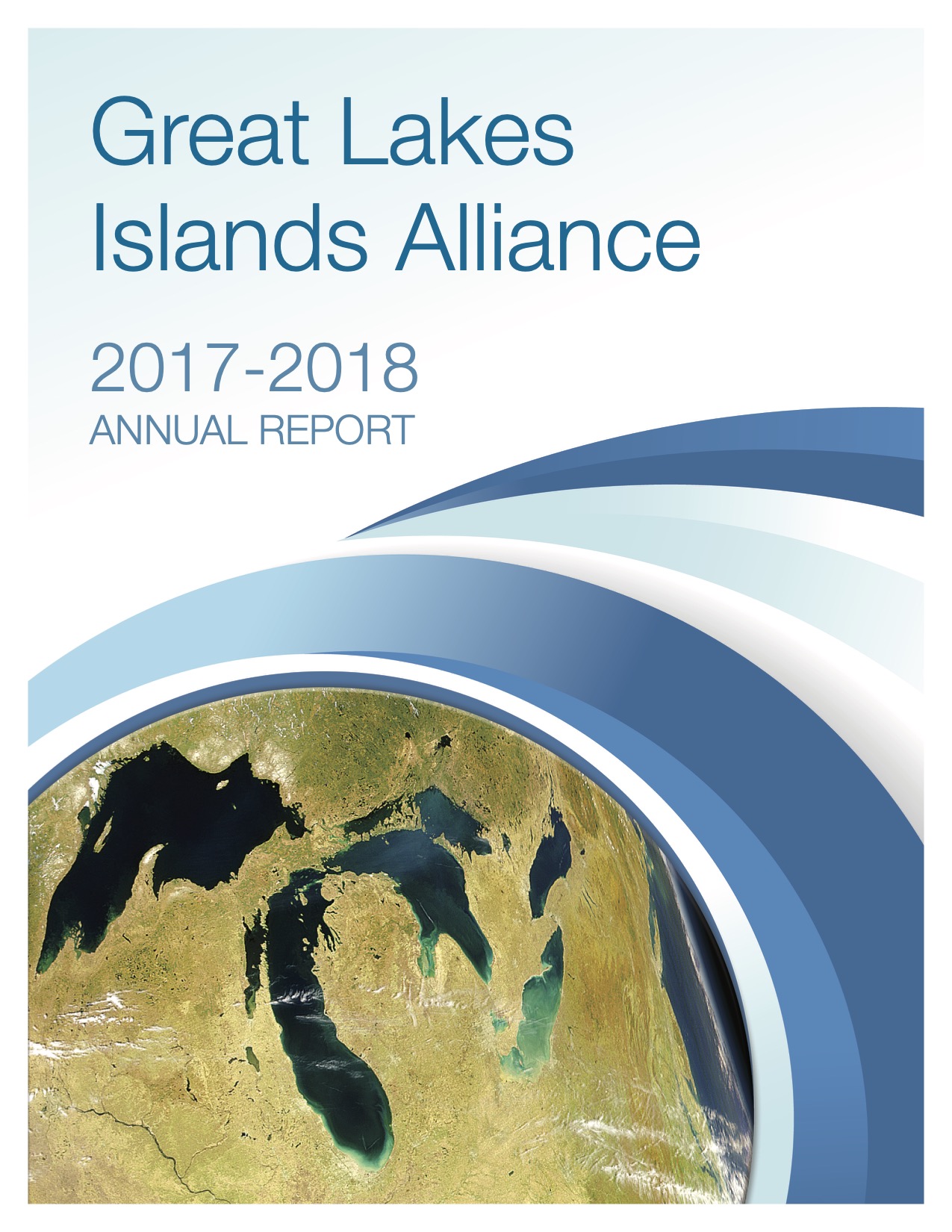
Connecting remote, distant communities
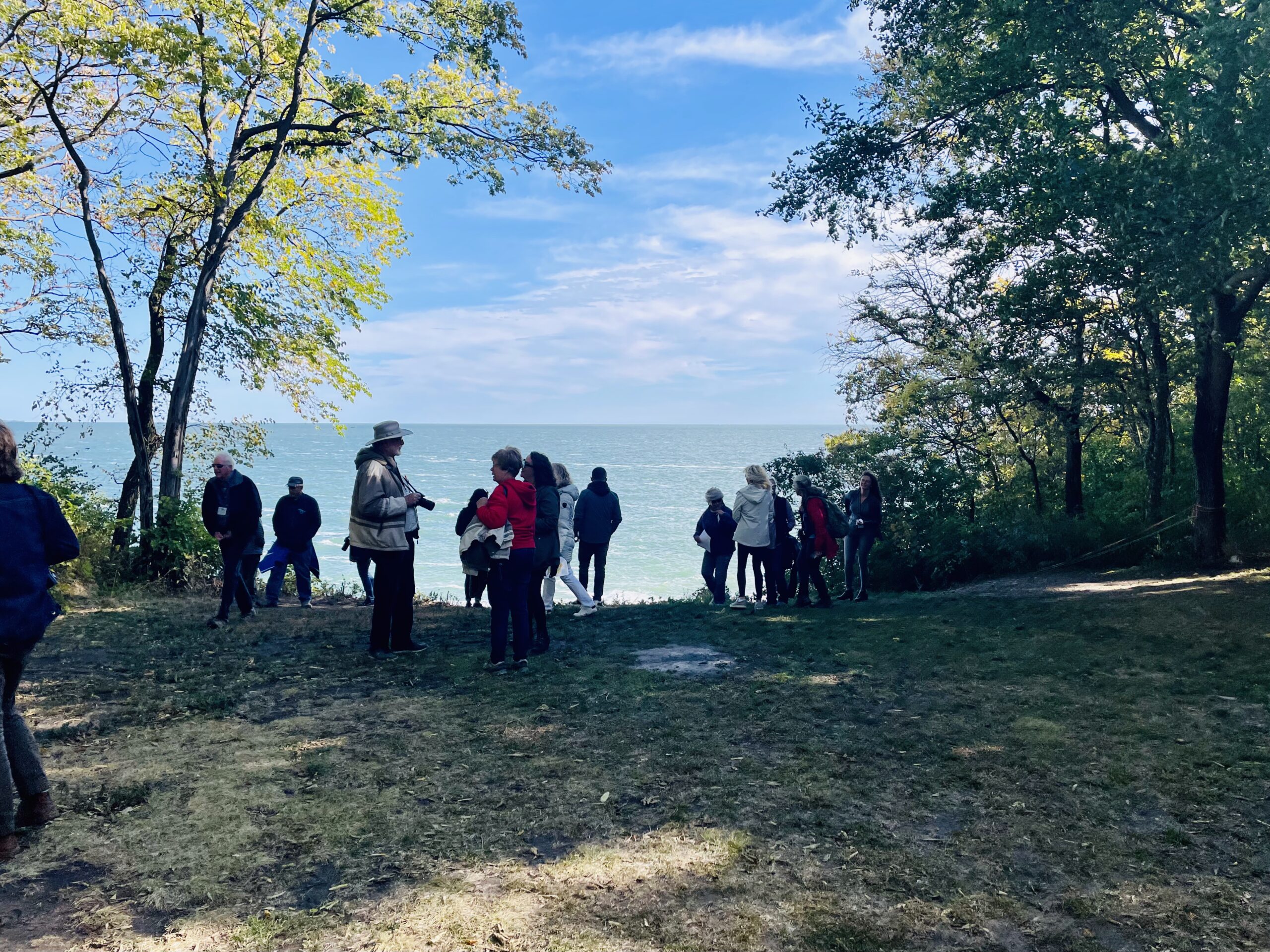
2025 Member Islands
Lake Erie
Kelleys Island, Ohio, USA
Middle Bass Island, Ohio, USA
Pelee Island, Ontario, Canada
South Bass Island (Put-in-Bay), Ohio, USA
Lake Michigan
Beaver Island, Michigan, USA
Washington Island, Wisconsin, USA
Lake Ontario
Amherst Island, Ontario, Canada
Howe Island, Ontario, Canada
Simcoe Island, Ontario, Canada
Wolfe Island, Ontario, Canada
Lake Huron
Bois Blanc Island, Michigan, USA
Drummond Island, Michigan, USA
Les Cheneaux Islands, Michigan, USA
Mackinac Island, Michigan, USA
Manitoulin Island, Ontario, Canada
Neebish Island, Michigan, USA
St. Joseph Island, Ontario, Canada
Sugar Island, Michigan, USA
Lake Superior
Madeline Island, Wisconsin, USA
Lake St. Clair
Harsens Island, Michigan, USA
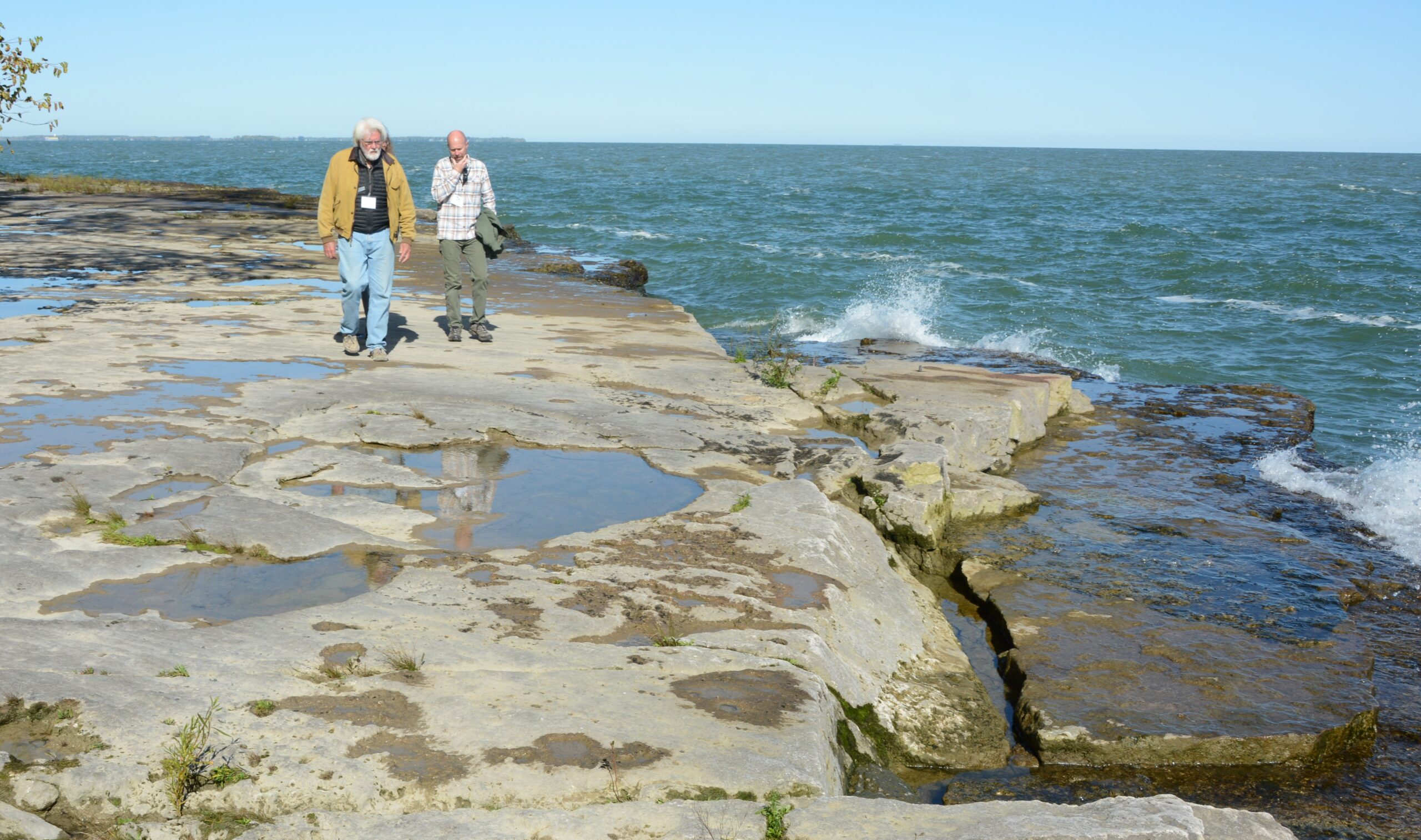
Where We're Headed
In mid-2023, GLIA gathered its leadership team (consisting of the Steering Committee, staff, and key advisory partners) to undertake a detailed review of its past, present and future. This allowed us to acknowledge the growth that has already happened and then look to the future. In this approach, the first steps were to reflect on where we started and where we are now. The team documented changes in GLIA’s structure, operations, and activities over its first five years, and discussed why those changes occurred and what was the impact (both positive and negative).
In October 2023, the leadership team convened for an intensive, four-day retreat to focus on GLIA’s future. Island Institute staff led the ten participants through a series of visioning, brainstorming, and prioritization exercises. After coming together on group aspirations, they identified the necessary action steps to get there. They recognized that some actions could be relatively easy and quick, while others would take time, for example 5 to 10 years, and in some cases rely on completion of earlier steps.
The outcomes of this retreat form the basis for this Strategic Plan. During the drafting process, GLIA members were asked for input which has been incorporated into this final plan.
Press
Click below to find a collection of past announcements and updates that highlight key initiatives, events, and milestones across our island communities. This archive offers a window into GLIA’s ongoing efforts to support collaboration, sustainability, and resilience among the Great Lakes islands.
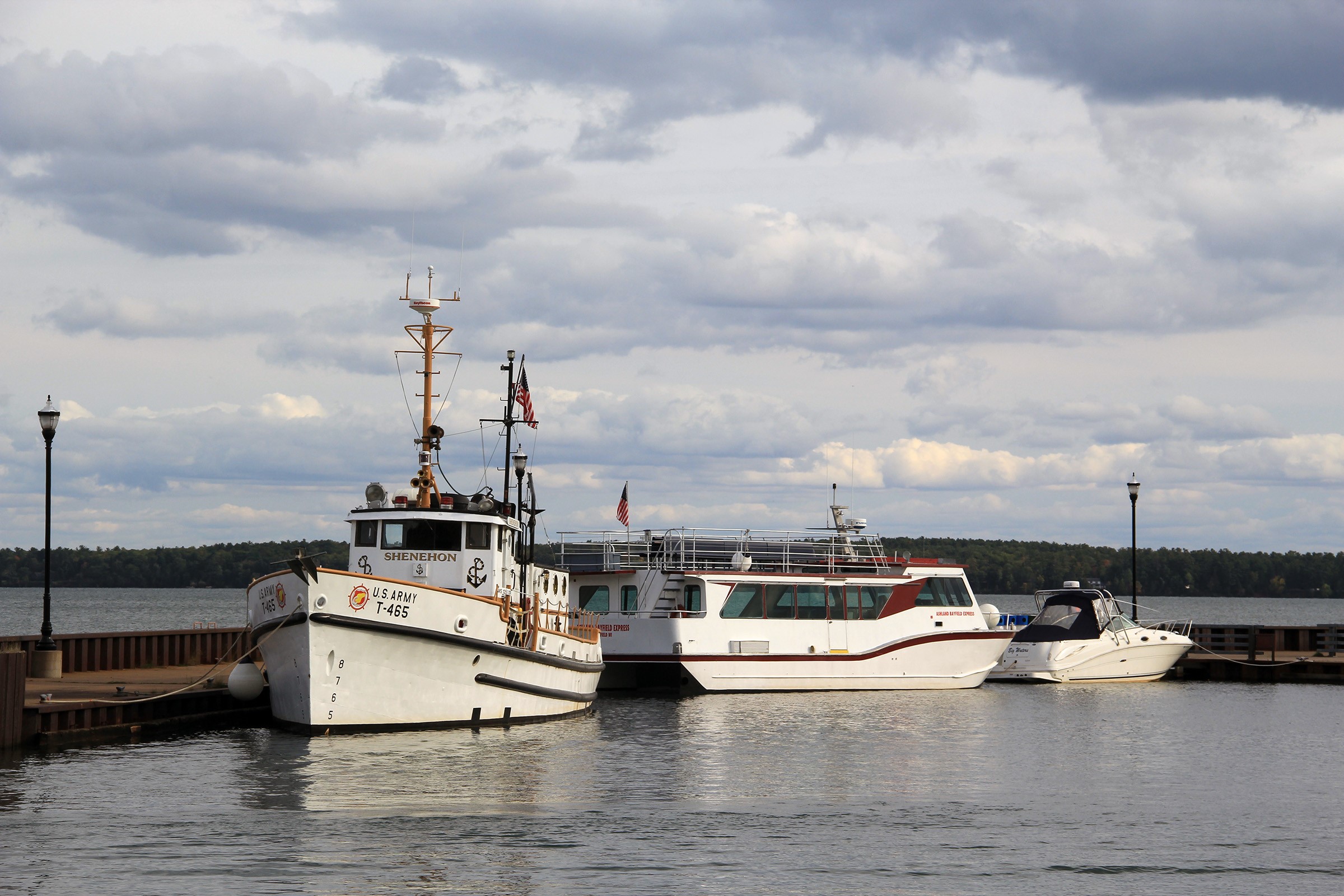
Steering Committee
Primary
Renee Fultz · South Bass Island, Ohio, USA
Michael Gora · Middle Bass Island, Ohio, USA
Lee Ann Schaub · Madeline Island, Wisconsin, USA
Joe Shorthouse · Manitoulin Island, Ontario, Canada
Angel Welke · Beaver Island, Michigan, USA
Alternates
Bob Anderson · Beaver Island, Michigan, USA
Laurie Cook · Manitoulin Island, Ontario, Canada
Peter Huston · South Bass Island, Ohio, USA
Paul Juniper · Amherst Island, Ontario, Canada
Steve Wermuth · Kelleys Island, Ohio, USA
Support Staff
Matt Preisser · GLIA Coordinator, Michigan Department of Environment, Great Lakes, and Energy · [email protected]
Philip Rice · Communications Specialist · [email protected]
Advisors / Partners
Lisa Brush · Fiscal Sponsor & Advisor, The Stewardship Network
Annual Reports include detailed summaries of GLIA's projects, progress, and efforts, including community outreach programs, Islands Summit events, and strategic goals. Additionally, the reports provide an overview of funding sources, partnerships, and future plans to support the preservation and sustainable development of the Great Lakes islands.


